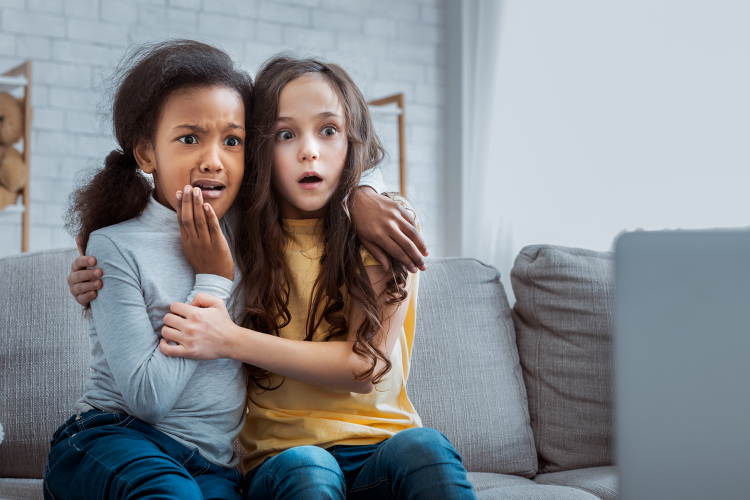Can kids and teens help each other use media safely and wisely?
Can kids and teens help each other use media safely and wisely? https://mediatrics.com/wp-content/themes/corpus/images/empty/thumbnail.jpg 150 150 Mediatrics Mediatrics https://mediatrics.com/wp-content/themes/corpus/images/empty/thumbnail.jpg Q: Much of the discussion on kids’ media use centers, appropriately, on parent involvement. I’m wondering, though, are there ways kids and teens can help each other use media and technology—from cell phones to the Internet—safely and wisely? Peer support seems like an important angle, given how much kids influence each other as they get older and how much less savvy (and less interested in media) adults are.
–Kids Can Do, in Suburban Chicago
A: Dear Kids Can Do,
Your question gets at something I firmly believe: that kids are experts on media. In fact, in a seminar I conducted at the Harvard School of Public Health, I asked a group of high school students (with whom I’d previously done media literacy work) to teach the entire critical media use component for exactly this reason. Having kids teach about media is a powerful idea partly because they are the true experts. In addition—and perhaps even more importantly—youth tend to listen to their peers and especially to slightly older kids (who they look up to and want to be like) far more than they will listen to their parents.
So how can kids can help each other, and how can we as adults best prepare them for it? First of all, we know from research that the ways that media are used at home will shape how children understand media’s role in their lives. Not only are parents setting examples for their children at home, but older children are setting examples for younger siblings. For example, when an older brother turns on the TV to watch a specific show, and then turns it off when the show is over, he’s teaching his little sister that media is used for a specific purpose, rather than as something to passively consume.
But there are also more focused ways that kids and teens can teach each other to use media and technology safely and wisely. For example, if kids really enjoy YouTube, they can find videos that give a “behind the scenes” look at how ads are made and then post them to their Facebook profiles to get a conversation going with their friends. Here are two of our favorites:
Another conversation starter for kids and teens is song lyrics. Even something as simple as asking friends “Have you really listened to the words to this song?” is a good way to talk about paying more attention to media content, since songs are often about topics like relationships, what people do for fun, and how they treat each other.
This approach recognizes that, sooner or later, these young people will be solely responsible for their behaviors, actions, and time management, and it helps them build their broader media literacy skills and self discipline. But this isn’t to say that adults are off the hook—even peer-to-peer support can benefit from adult assistance. Teens can offer adults an open-minded, innovative sense of how media can be used and adults can offer teens wisdom from life experience and the foresight to think about consequences. Taken together, these perspectives create a powerful foundation for the kind of critical media use that best serves youth.
Enjoy your media and use them wisely,
The Mediatrician®




